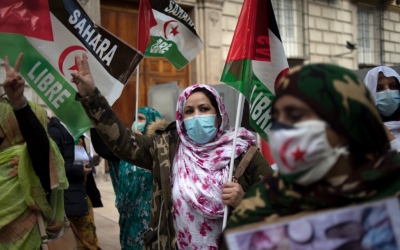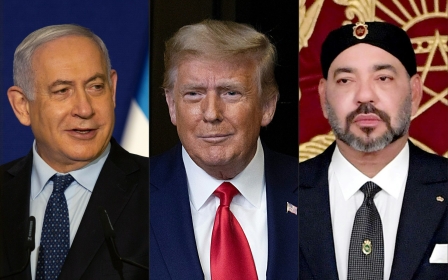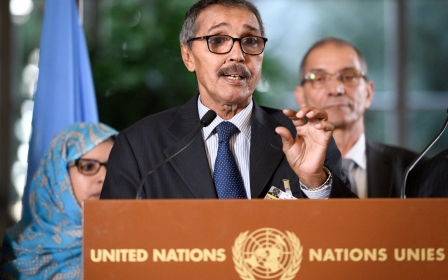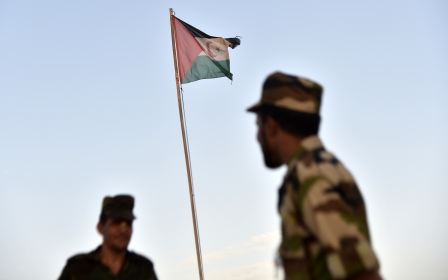Morocco cuts contact with German embassy over diplomatic tensions
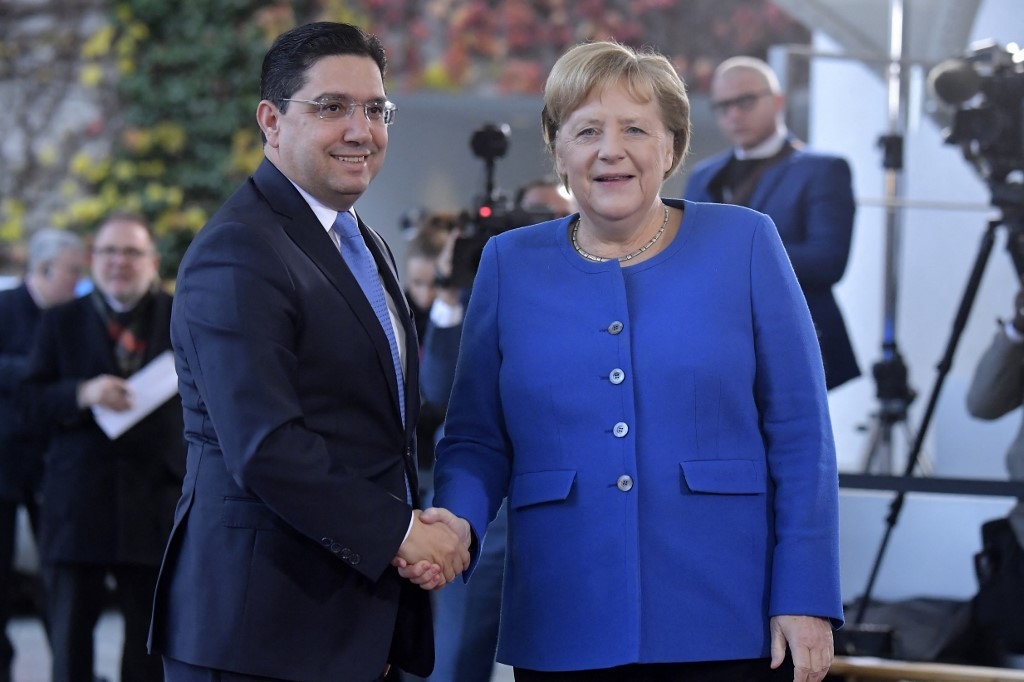
Morocco has suspended contacts with the German embassy, the foreign minister announced in a letter published late on Monday, in what officials said was a protest over Berlin's stance on the Western Sahara dispute.
In the letter addressed to the prime minister, which had been circulated by Moroccan media earlier in the day, Foreign Minister Nasser Bourita said the decision to suspend dealings with the embassy as well as German cultural organisations was taken in response to "deep misunderstandings" on "issues fundamental for Morocco”.
'Morocco wishes to preserve its relationship with Germany, but [the suspension] is a form of warning expressing unease over many issues'
- Moroccan foreign ministry official
Bourita cited Germany's reaction to the US decision in December to recognise Moroccan sovereignty over Western Sahara, as well as its decision not to invite Morocco to an international meeting about Libya last year.
The moves showed "disregard" by German authorities, the diplomat said.
While Morocco wishes to preserve its relationship with Germany, the suspension was “a form of warning expressing unease over many issues”, a senior foreign ministry official told AFP.
New MEE newsletter: Jerusalem Dispatch
Sign up to get the latest insights and analysis on Israel-Palestine, alongside Turkey Unpacked and other MEE newsletters
"There will be no contact until we have received answers to the various questions we have posed,” the official added, without providing further details.
The German embassy in Rabat was not immediately available to comment.
Morocco has had generally good relations with Germany, which is a major donor.
Three months ago its foreign minister hailed the "excellence of bilateral cooperation" after Berlin released 1.387 billion euros in support for Moroccan financial reforms and coronavirus countermeasures.
Sovereignty in the desert
According to the Moroccan foreign official, Germany's position on Western Sahara is at the heart of these tensions.
A Spanish colony until 1975, Western Sahara has been the site of a decades-old territorial dispute between Morocco and the Algeria-backed Polisario Front, a breakaway movement that seeks to establish an independent state in the territory.
After Spain’s withdrawal, the two sides fought a war until 1991 when a ceasefire agreement was signed, backed by the United Nations.
While the Polisario Front controls about a fifth of Western Sahara, Morocco considers it a sovereign part of the kingdom, even though it is the last major territory remaining on the UN's list of non-decolonised territories.
The decades-long dispute was again thrust into the limelight in December, when former US President Donald Trump recognised Rabat’s sovereignty over Western Sahara in an effort to broker a deal between Morocco and Israel to normalise relations and open economic ties.
The move drew heat from Germany, who called a UN Security Council meeting to discuss the issue.
Last week, the Polisario blamed the United Nations for the "political deadlock" over the disputed territory and asked it to fulfil its promises of "ridding Western Sahara of colonisation".
Morocco was angered by German criticism over US recognition of its sovereignty over Western Sahara, said the foreign official. It was also dismayed that it was kept out of discussions on Libya's political future at a congress in Berlin in January 2000.
Morocco has over the past year played a role in Libyan diplomatic negotiations, hosting talks between members of the country's rival parliaments, outside the UN-facilitated process begun at last year's Berlin meeting.
Middle East Eye delivers independent and unrivalled coverage and analysis of the Middle East, North Africa and beyond. To learn more about republishing this content and the associated fees, please fill out this form. More about MEE can be found here.


